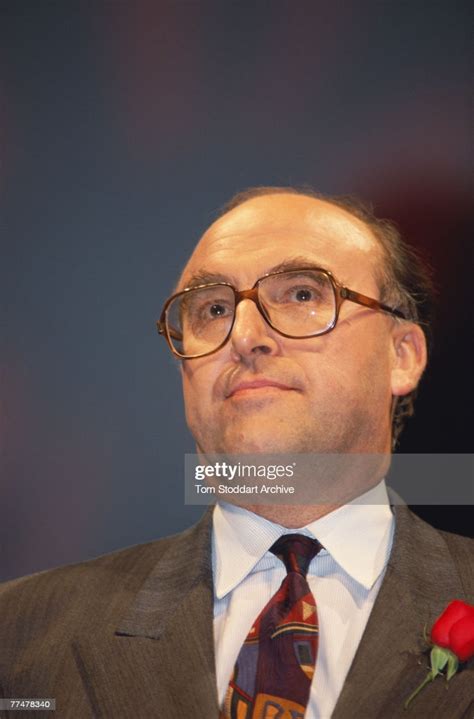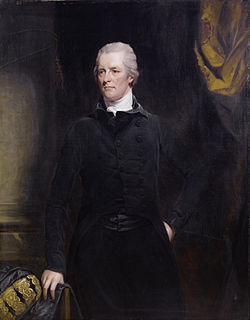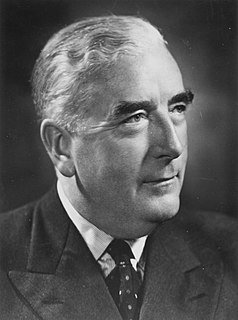A Quote by James Russell Lowell
The rich man's sons inherits cares; The bank may break, the factory burn, A breath may burst his bubble shares, And soft, white hands could hardly earn A living that would serve his turn.
Related Quotes
If he looked into her face, he would see those haunted, loving eyes. The hauntedness would irritate him - the love would move him to fury. How dare she love him? Hadn't she any sense at all? What was he supposed to do about that? Return it? How? What could his calloused hands produce to make her smile? What of his knowledge of the world and of life could be useful to her? What could his heavy arms and befuddled brain accomplish that would earn him his own respect, that would in turn allow him to accept her love?
When a man sought knowledge, it would not be long before it could be seen in his humbleness, his sight, upon his tongue and his hands, in his prayer, in his speech and in his disinterest (zuhd) in worldly allurements. And a man would acquire a portion of knowledge and put it into practice, and it would be better for him than the world and all it contains - if he owned it he would give it in exchange for the hereafter.
Whatever man may stand, whatever he may do, to whatever he may apply his hand - in agriculture, in commerce, and in industry, or his mind, in the world of art, and science - he is, in whatsoever it may be, constantly standing before the face of God. He is employed in the service of his God. He has strictly to obey his God. And above all, he has to aim at the glory of his God.
Ronald Reagan was notably able to avoid having personal considerations dissuade him from taking decisive actions. This may have arisen in part from his career in motion pictures; it may be related to his being a bit of a loner; it may have related to his focus on those people and principles he sought to serve. What is clear is that this capacity enhanced his effectiveness. It was also a surprise to many people.
A man may be a tough, concentrated, successful moneymaker and never contribute to his country anything more than a horrible example. A manager may be tough and practical, squeezing out, while the going is good, the last ounce of profit and dividend, and may leave behind him an exhausted industry and a legacy of industrial hatred. A tough manager may never look outside his own factory walls or be conscious of his partnership in a wider world. I often wonder what strange cud such men sit chewing when their working days are over, and the accumulating riches of the mind have eluded them.
So we and our elaborately evolving computers may meet each other halfway. Someday a human being, named perhaps Fred White, may shoot a robot named Pete Something-or-other, which has come out of a General Electric factory, and to his surprise see it weep and bleed. And the dying robot may shoot back and, to its surprise, see a wisp of gray smoke arise from the electric pump that it supposed was Mr. White's beating heart. It would be rather a great moment of truth for both of them.
The disappointed man turns his thoughts toward a state of existence where his wiser desires may be fixed with the certainty of faith; the successful man feels that the objects which he has ardently pursued fail to satisfy the cravings of an immortal spirit; the wicked man turneth away from his wickedness, that he may save his soul alive.






































